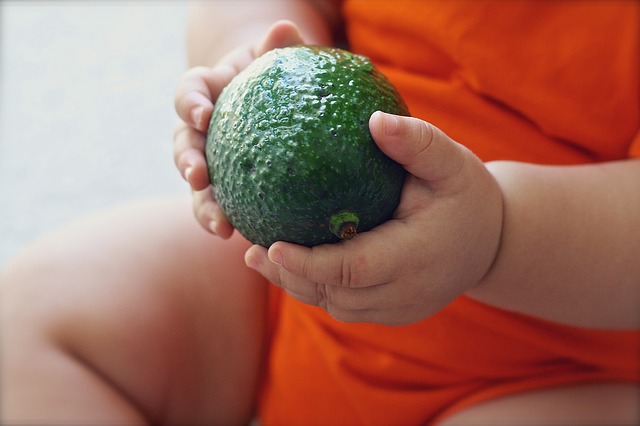
Take
All things are born from the earth, and all things are taken back. Taking things is vitally important: what we take affects us. Life depends on the decisions we ourselves make.
The first sensation is hunger, hunger leads us to search. Then you have to have the ability to take what was found. What was taken must be assimilated, we must use the energy that nutrients give us. Finally you have to throw away what is no longer useful. The action of these four sensations are the nourishing foundation of the soul. In the soul, well-being and discomfort are related to the sensations of the body.
Sensations have their correlate on a psychological level. For Jung the psychoid field is the place of origin of the psychic and the physical. Psyche and matter are contained in the same world, that is, they are different aspects of one and the same thing.
The taking symbolically represents the resolution or the concretion of the act of reaching.
When taking leads to well-being:
Things happen and that's it, and to avoid it, you can only do what is within your reach.
When someone who really needs something achieves it, it's not by chance that he gets it, but he himself.
The exercise of becoming aware of our thoughts and our actions, measuring their consequences, puts the solutions in our hands.
You cannot achieve great things except those who have the capacity to suffer a lot.
Reflecting calmly, very calmly, is better than making desperate decisions.
Wish for the best, suspect the worst and take what comes.
There is nothing easier than giving advice or more difficult than knowing how to take it.
Getting it wrong happens from time to time.
With cunning you can try everything, but not achieve everything.
The difficult thing is not taking a risk but escaping danger by bringing it to fruition.
He who always has an end before his eyes, makes all things help him to achieve it.
The important thing is not to get what you want, but that you like it after you get it.
The heart is essential to navigate through the relentless stream of personal decisions.
The one who has relied the least on chance is always the one who has stayed the longest in his conquest.
Happiness is based on the fundamental pillars: take life as a game and lavish love on others.
Who, after taking on great tasks and enduring dangers, does not want the glory as a reward for the companies accomplished?
Our mental attitude determines what we get.
You can't let things bother you forever. You have to take the bull by the horns.
Freedom is someone's ability to take part in their own development. It is our ability to shape ourselves.
The supreme pleasure is to get what you want.
If you add a little to a little and do it often, it will soon add up to a lot.
It costs a lot to achieve dreams, but once achieved, the mission is already accomplished.
The more you program your brain to look for and notice possibilities, the more certain you'll be of getting what you want.
Happiness has to be a conquest, and not a gift.
Life is all about taking risks to get what you want.
If you want to reach steep peaks, you need to walk slowly at first.
When taking leads to discomfort:
What you don't solve won't be forgotten.
Life is about adjusting to real conditions and taking things as they really are, not as one wishes they were.
It's within reach. Easy and beautiful, but suddenly the fear of being wrong comes.
It is not dishonorable not to achieve something, but to cease to provide the means.
You have to aim for reasonable targets, within reach, without illusions.
I won't get what I want if I stay in the same place.
You can achieve everything in life, but not everything at the same time.
Fate is that unusual thing we resort to when we don't want to take responsibility.
Those who apply themselves too much to reach the small things, almost always make themselves unable to reach the big ones.
Sloths are far from reaching anything.
You want to accomplish things too quickly, and you're not willing to pay the price of learning.
The sentences of this article are distributed throughout the Oracle of the Soul.
Author: Adrian Casasnovas ©